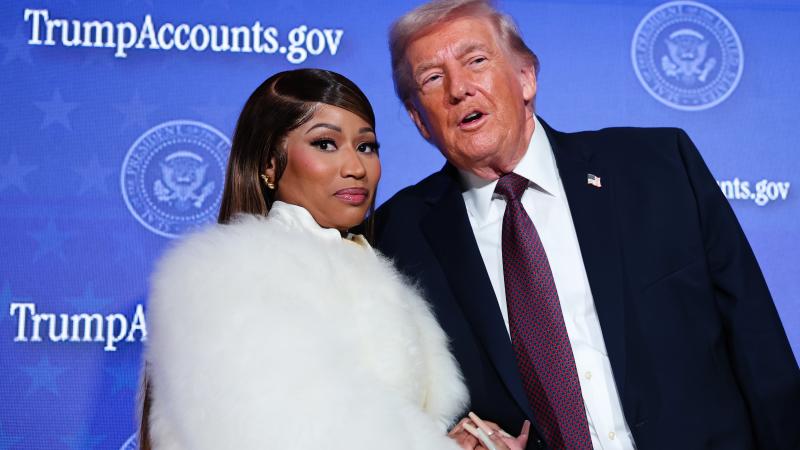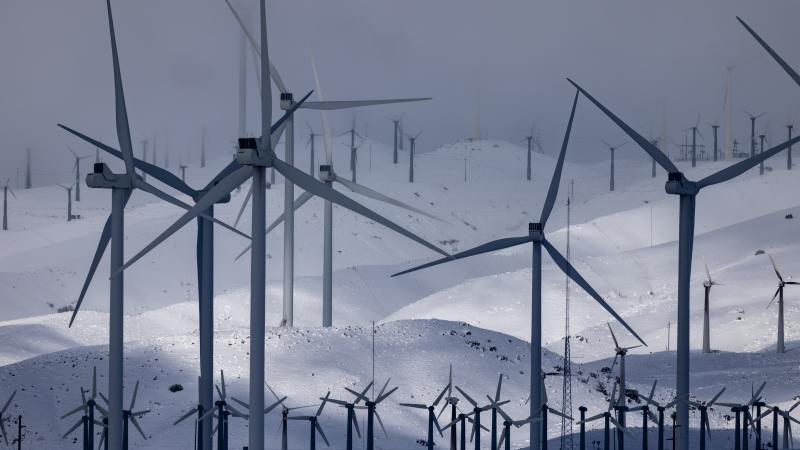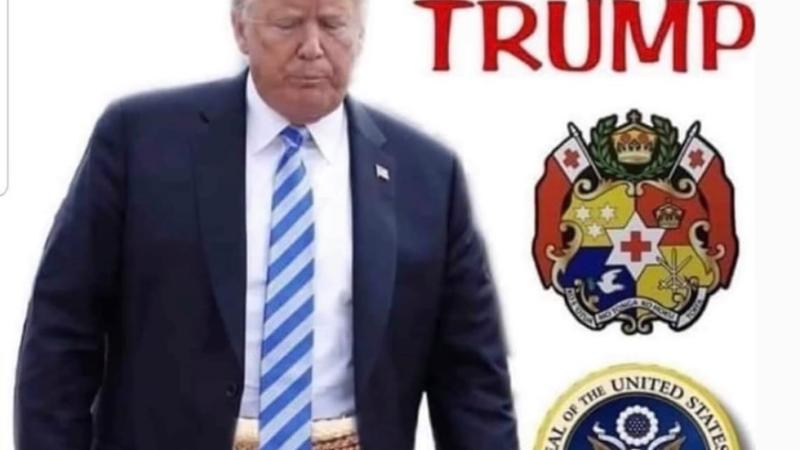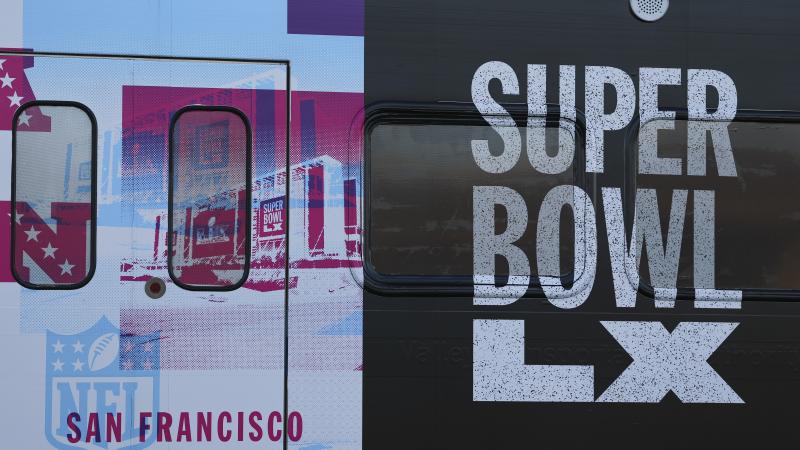Trump isn't the only ex-world leader in legal jeopardy
While his indictments are unprecedented in American history, legal woes for an ex-head of state are far from unique around the world.
Former President Donald Trump appeared in a D.C. courthouse last week for an arraignment on federal charges stemming from special counsel Jack Smith's Jan. 6 probe. It was the third such arraignment over the past few months as Trump had previously been charged in a separate probe from Smith and a third case from Manhattan District Attorney Alvin Bragg.
While his indictments are unprecedented in American history, legal woes for an ex-head of state are far from unique around the world. Since 1980, nearly half of the world's countries have had a former leader face prosecution or be imprisoned, Axios reported. Of leaders who have left office just since 2000, that figure stood at 78 countries.
Here are some of the major world leaders to have recently found themselves in legal jeopardy:
Benjamin Netanyahu
The recently re-elected Israeli prime minister is currently facing a corruption trial in his home country that combines years of investigation and three separate cases of corruption and bribery into a single prosecution. Last month, testimony in that case focused on gifts from a Hollywood producer and pressure that Netanyahu applied to create tax breaks for Hollywood movie moguls.
Netanyahu has vehemently denied the charges, dismissing such gifts as friendly gestures and not bribes and insisting he was not acting in Hollywood producer Arnon Milchan's personal interest.
Imran Khan
Khan served as Pakistan's prime minister from 2018 to 2022, before losing a no-confidence vote in April of his final year in office. He subsequently survived an assassination attempt in November 2022 and was later arrested in May 2023 on corruption charges.
Khan's arrest by Pakistani paramilitary troops came the same day that the former head of state warned that authorities sought to arrest him to prevent him from seeking reelection. The nation's Supreme Court ordered his release from custody days later.
Following Khan's arrest, his supporters turned out in numbers to protest his detention, resulting in at least 8 deaths and hundreds of arrests.
Authorities alleged that Khan took bribes in the form of high value land, which he concealed through a charitable trust that he and his wife established while in office, Forbes reported.
On Saturday, police arrested Khan at his residence after a court found him guilty and sentenced him to three years in prison, according to Reuters.
Jacob Zuma
Zuma was president of South Africa from 2009-2018, until his March 2018 resignation. Shortly after he left office, the National Prosecuting Agency (NPA) announced it would look into charges against him. In 2021, Zuma received a 15 month prison sentence for not cooperating with investigators exploring corruption during his time in office, which a court had ordered him to do.
His initial arrest sparked nationwide riots and resulted in more than 300 dead, Reuters reported. He surrendered himself in July 2021, but was released on medical parole after two months. A South African court subsequently determined that his release on medical parole had been unlawful, a decision that the nation's Constitutional Court upheld in July of this year.
The ruling means that Zuma, 81, will likely soon return to prison.
Jair Bolsonaro
Bolsonaro won election to Brazil's top office in 2018 and served until late 2022. After losing his reelection bid to former-and-now-current President Luiz Inacio Lula da Silva, he left the country for the U.S. and did not attend his rival's swearing in. His defeat marked the narrowest electoral margin in the country's recent history and Bolsonaro's supporters were far less willing to accept his defeat than the ex-head of state himself.
In early January, thousands of Bolsonaro's supporters stormed key government buildings, including the National Congress, Supreme Federal Court and the presidential Planalto Palace demanding that Lula resign.
That effort was unsuccessful and resulted in the arrest of more than 1,500 participants. Bolsonaro himself faced an investigation into his role in the matter. Prosecutors pointed to a video that Bolsonaro posted two days after the attack as evidence he incited people to commit crimes.
A Brazilian court months later held that Bolsonaro abused his power and cast unsubstantiated doubts on the veracity of the elections results. The court further barred him from seeking office until 2030, The Associated Press reported.
Luiz Inacio Lula da Silva
The order barring Bolsonaro was somewhat ironic given he won the election in 2018 in a race in which his 2022 opponent had been barred from participating. Lula previously served as president of Brazil from 2003-2010. He was convicted in a corruption scandal in 2017 and barred from seeking office in the 2018 contest.
The high court, however, subsequently overturned his conviction and permitted him to run in the 2022 contest. Notably, seven of the court's eleven justices at the time were either appointed by Lula or his successor, Dilma Rousseff.
The situation made Lula's very candidacy controversial and Bolsonaro's campaign heavily emphasized the corruption issues. Many of the conservative's supporters who stormed the government offices expressed concerns about Lula's integrity.
Ben Whedon is an editor and reporter for Just the News. Follow him on Twitter.















